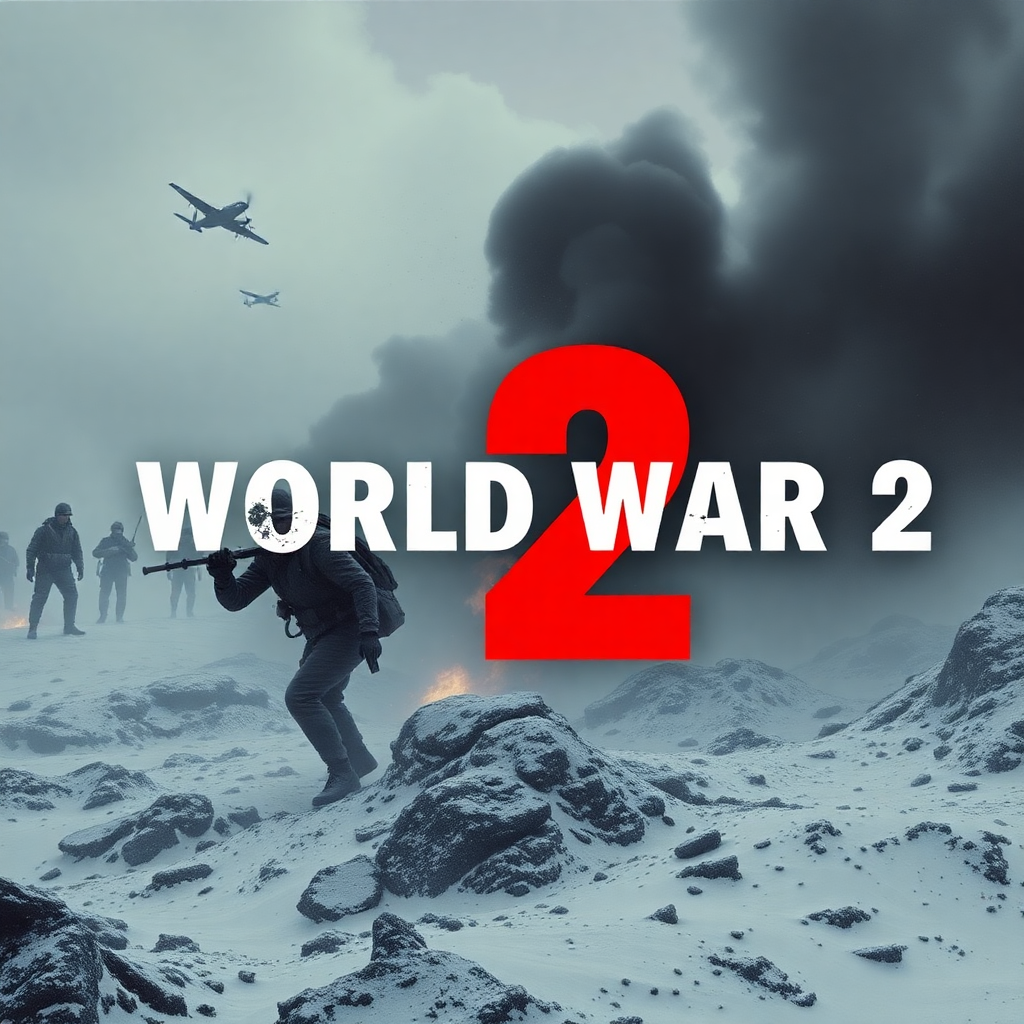Was World War 2 about religion?
Figures like Winston Churchill invoked a sense of divine moral purpose in defending freedom against totalitarianism. The notion of fighting the “evil” embodied by Hitler resonated with many, framing the conflict not only as a political struggle but also a moral one.
World War II, one of the most devastating conflicts in human history, has often been analyzed through various lenses: political, economic, ideological, and social. While the conflict was primarily driven by territorial disputes, totalitarian aspirations, and the struggle between democracy and fascism, the role of religion in shaping the war's events and motivations cannot be overlooked. Religion was not the central cause of World War II, but it certainly influenced certain aspects of the conflict and the ideologies of the powers involved.
Religious Underpinnings of Totalitarian Regimes
In the lead-up to World War II, the rise of totalitarian regimes in Germany and Italy was marked by a complex relationship with religion. Adolf Hitler’s Nazi Party often employed a secular form of messianic nationalism that appropriated Christian symbols and narratives to bolster its ideology. Although Nazism espoused a form of Aryan superiority that contradicted Christian teachings, Hitler attempted to co-opt religion to unify and mobilize the German population. The regime promoted the idea of a 'positive Christianity,' which distorted traditional Christian beliefs to align with Nazi goals. This manipulation of religious sentiments allowed the regime to harness the power of faith, even as it perpetrated atrocities against Jews and other religious minorities.

The Role of Judaism and Anti-Semitism
One of the most harrowing aspects of World War II was the Holocaust, in which six million Jews were systematically exterminated by the Nazis. The ideology that fueled this genocide was steeped in centuries of anti-Semitism, which often had religious roots. Jews were historically marginalized, scapegoated, and subjected to violent persecution, justified by deeply ingrained prejudices that were both social and religious in nature. This exacerbated the situation during World War II, leading to brutal measures against Jewish populations as Nazis sought to create a racially “pure” society. The religious dimension of this anti-Semitism served to dehumanize Jews, making their extermination seem almost acceptable to segments of the populace that had been indoctrinated with these beliefs.
The Response of Religious Institutions
The war also prompted various religious institutions to respond to the moral crises unfolding across Europe. Many Christian denominations, though divided and often complicit in their historical anti-Semitism, issued statements condemning the Nazi regime's actions. Religious leaders such as Pope Pius XII faced the difficult task of speaking out against atrocities while navigating the complexities of wartime diplomacy. In stark contrast, figures like Dietrich Bonhoeffer, a German Lutheran pastor, actively opposed the Nazi regime and was eventually executed for his resistance. This illustrates how religion could inspire both complicity and heroic resistance during the horrors of the war.
Religious Motivations in Allied Actions
On the Allied side, religion played a role in the rhetoric and moral justification for fighting against fascism and tyranny. Figures like Winston Churchill invoked a sense of divine moral purpose in defending freedom against totalitarianism. The notion of fighting the “evil” embodied by Hitler resonated with many, framing the conflict not only as a political struggle but also a moral one. Religious beliefs influenced the perspectives of soldiers and civilians alike, providing a sense of mission as they confronted the horrors inflicted by the Axis powers.
Conclusion
In conclusion, while World War II was not primarily about religion, the influence of religious beliefs, ideologies, and institutions significantly impacted the conflict's dynamics. From the rise of totalitarian regimes that manipulated religious symbols to the profound moral questions faced by religious leaders and communities, religion intertwined with the broader narrative of the war. Understanding the religious dimensions of World War II enhances our comprehension of the complex motivations behind one of history's darkest chapters and reminds us of the enduring power of faith, for better or worse, in shaping human events.